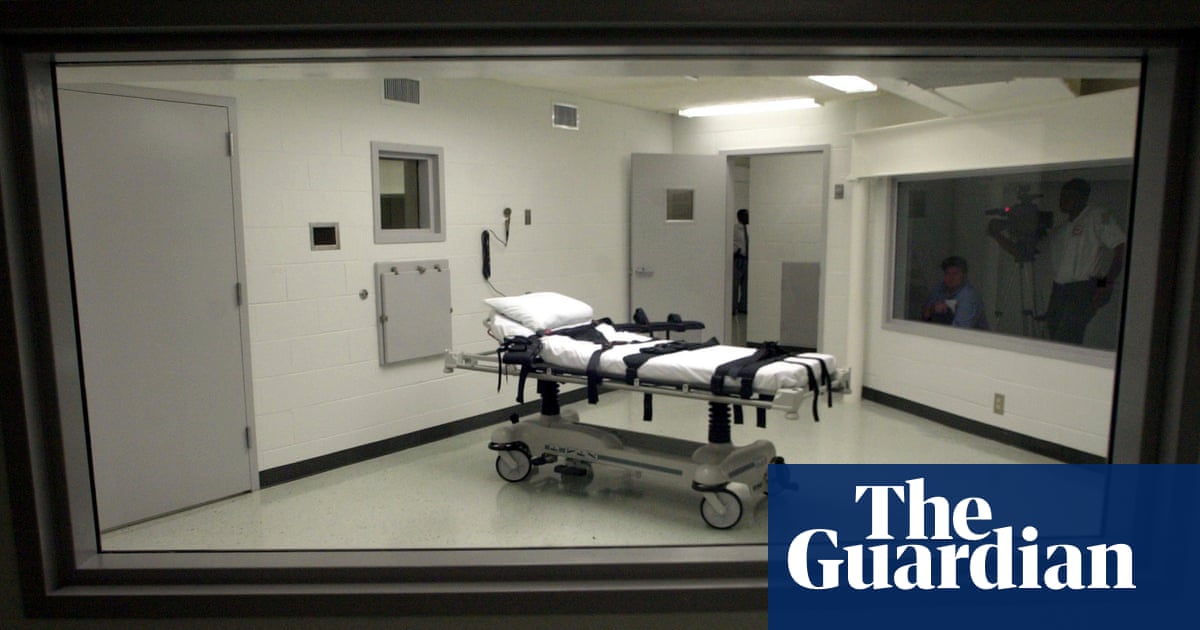Move follows Alabama’s recent killing of death row inmate Kenneth Smith using previously untested method
Three of the largest manufacturers of medical-grade nitrogen gas in the US have barred their products from being used in executions, following Alabama’s recent killing of the death row inmate Kenneth Smith using a previously untested method known as nitrogen hypoxia.
The three companies have confirmed to the Guardian that they have put in place mechanisms that will prevent their nitrogen cylinders falling into the hands of departments of correction in death penalty states. The move by the trio marks the first signs of corporate action to stop medical nitrogen, which is designed to preserve life, being used for the exact opposite – killing people.
The green shoots of a corporate blockade for nitrogen echoes the almost total boycott that is now in place for medical drugs used in lethal injections. That boycott has made it so difficult for death penalty states to procure drugs such as pentobarbital and midazolam that a growing number are turning to nitrogen as an alternative killing technique.
Now, nitrogen producers are engaging in their own efforts to prevent the abuse of their products. The march has been led by Airgas, which is owned by the French multinational Air Liquide.



You’re missing the point. The question was, “how is it medically different” rather than, “how is it morally different”
The moral question is still the issue, though. The original question was asking how is it so difficult to humanely execute a human.
It’s difficult only because of the difference between execution and euthanasia. The drug companies argue that execution is inhumane and euthanasia is humane.
As a result, they have made it harder to execute people while making the process of euthanasia as painless as possible.
You asked how it’s different to kill a human than a pet. Medically speaking there isn’t, really, so you get the moral answer